A teenager who was jailed for 18 months after a McDonald’s fight has shockingly remained in prison 18 years later with no release date.
Teenager given 18-month sentence for McDonald’s fight remains imprisoned after 18 years
A teenager who was given an 18-month prison sentence for a fight at a McDonald’s when he was just 17 years old is still incarcerated nearly two decades later.
Luke Ings, now 36, has been in prison since 2006 for his involvement in a robbery and a fight at a fast-food restaurant in Bracknell.
Initially sentenced to 18 months, Ings’s situation changed dramatically due to the type of sentence he received.
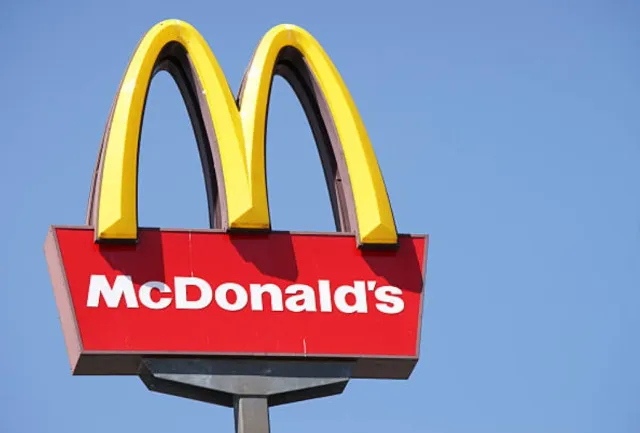
Debate over justice system as teen remains in prison 18 years after IPP sentence
A teenager was placed on an indefinite jail term known as Imprisonment for Public Protection (IPP).
This kind of sentence was intended for serious offenders who posed a risk to the public.
However, it was abolished in 2012 because of concerns regarding human rights and the fairness of such long-term sentences.
As of June 2023, there are still over 8,500 prisoners in the UK serving IPP sentences, many of whom, like Ings, are stuck in the system without a clear release date.
Ings’s case has sparked debate about the justice system and its treatment of young offenders.
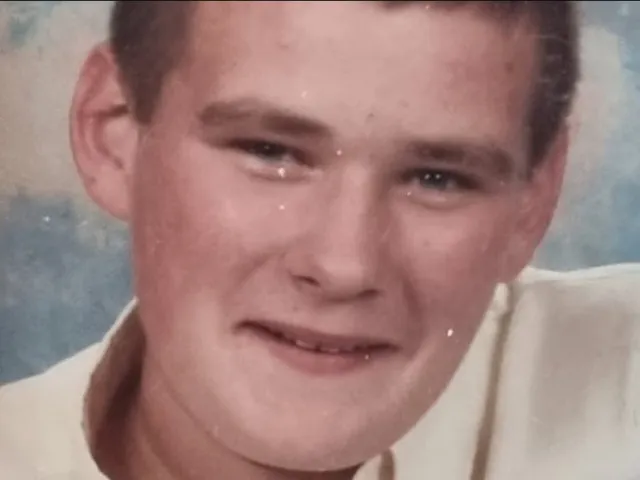
Mother pleads for son’s release after 18 years in prison for minor crime
His mother, Samantha Ings, has been vocal about her son’s situation.
She believes it is unfair that he remains in prison for such a long time for what she sees as a minor crime.
“It’s wrong, they need to sort this out.”
Samantha explained that Luke was struggling with personal issues at the time of the crime, including the recent loss of his grandmother.
She feels that he deserves a chance to rebuild his life outside of prison.
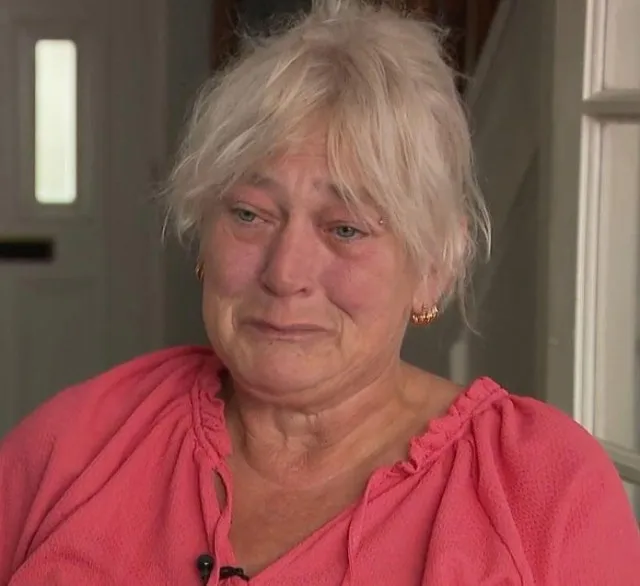
“I understand if they had murdered someone or raped someone. My son was in a fight at McDonald’s and a street robbery.
“He was 17 years old and my mum had died two weeks before that. He went off the rails. I don’t know what else to do to get him out.
Samantha stated, “If he had committed a serious crime, I could understand it. But he was a teenager involved in a fight and a robbery.”
She added that Luke had a difficult upbringing, which contributed to his actions at such a young age.
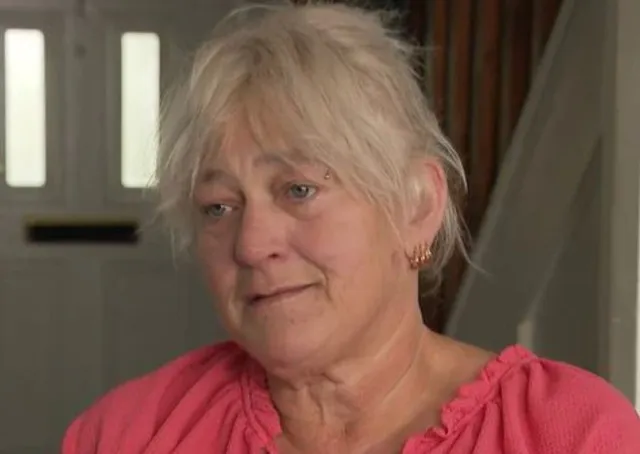
The prison where Ings is held, HMP Wakefield, is known for housing high-risk offenders.
This environment can be challenging for inmates who are not violent criminals.
Samantha expressed concern for her son’s mental health, stating that he has struggled during his time in maximum security.
“I think if it hadn’t been for my dad, Luke would not be in prison now – he would be dead. He would have killed himself.
“They seriously need to look at this. They will empty some of their prisons [if they release IPP prisoners].
“The only fear is some of them have been in there that long, are they going to be able to cope on the outside?”
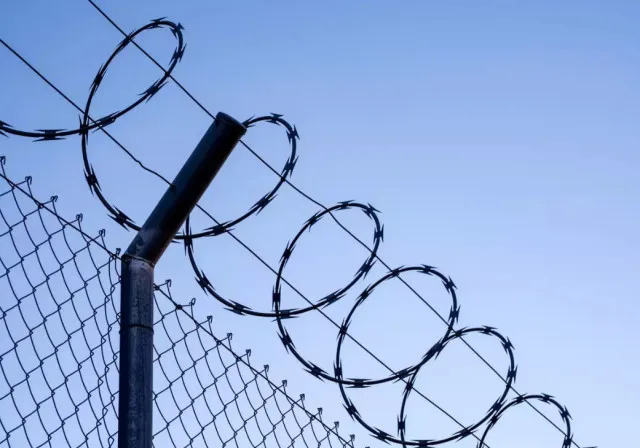
Calls for reform have grown as more people learn about Ings’s case.
Many advocates argue that the justice system should focus on rehabilitation rather than long-term imprisonment for young offenders.
They believe that individuals like Ings should be allowed to learn from their mistakes and reintegrate into society.
They argue that the IPP sentences should be reviewed, especially for those who were young when they were sentenced.
Advocates believe that releasing IPP prisoners could help alleviate overcrowding in prisons and allow individuals to contribute positively to society.
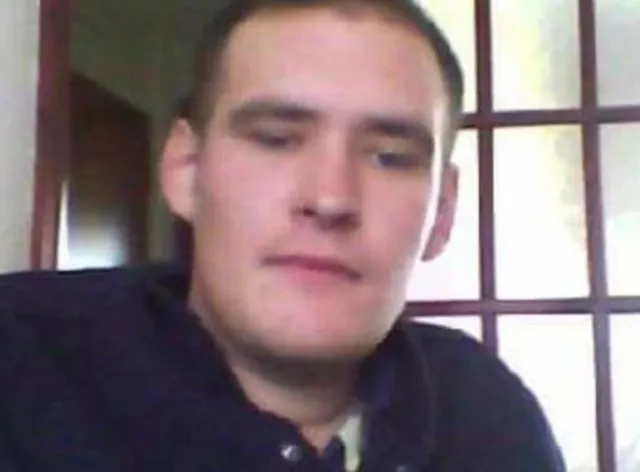
A spokesperson for the Ministry of Justice acknowledged the concerns surrounding IPP sentences.
“It is right that IPP sentences were abolished.
“The Lord Chancellor is committed to working with organizations and campaign groups to ensure the appropriate course of action is taken to support those still serving IPP sentences.
“The Prison Service continues to provide additional support to those still in custody, including improving access to rehabilitation programs and mental health support.”